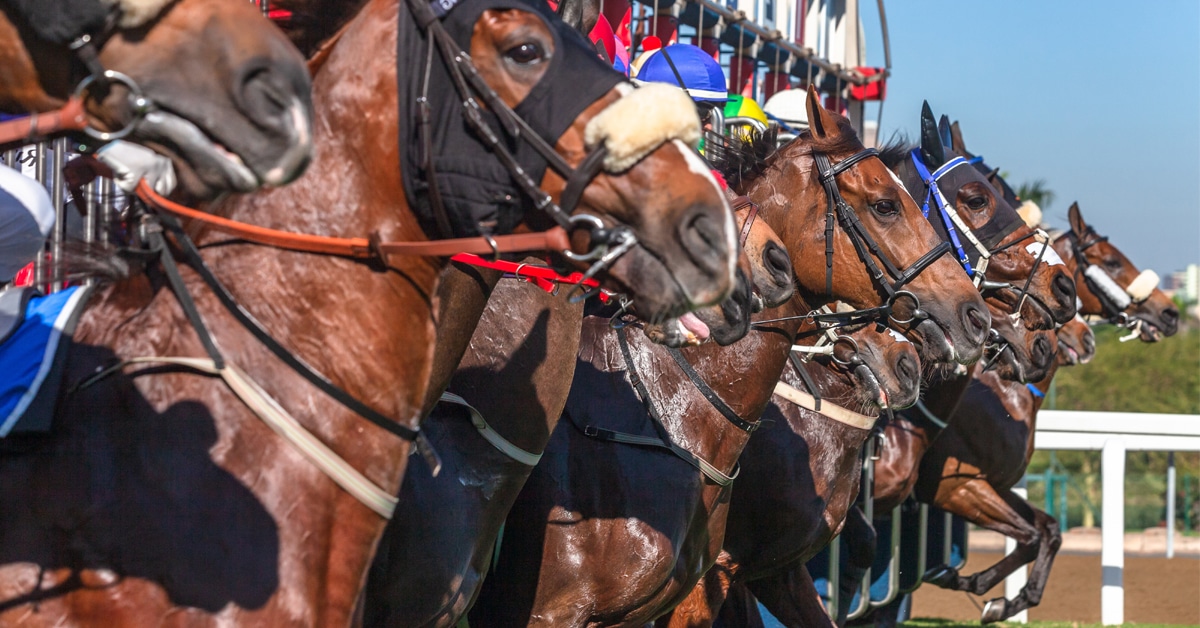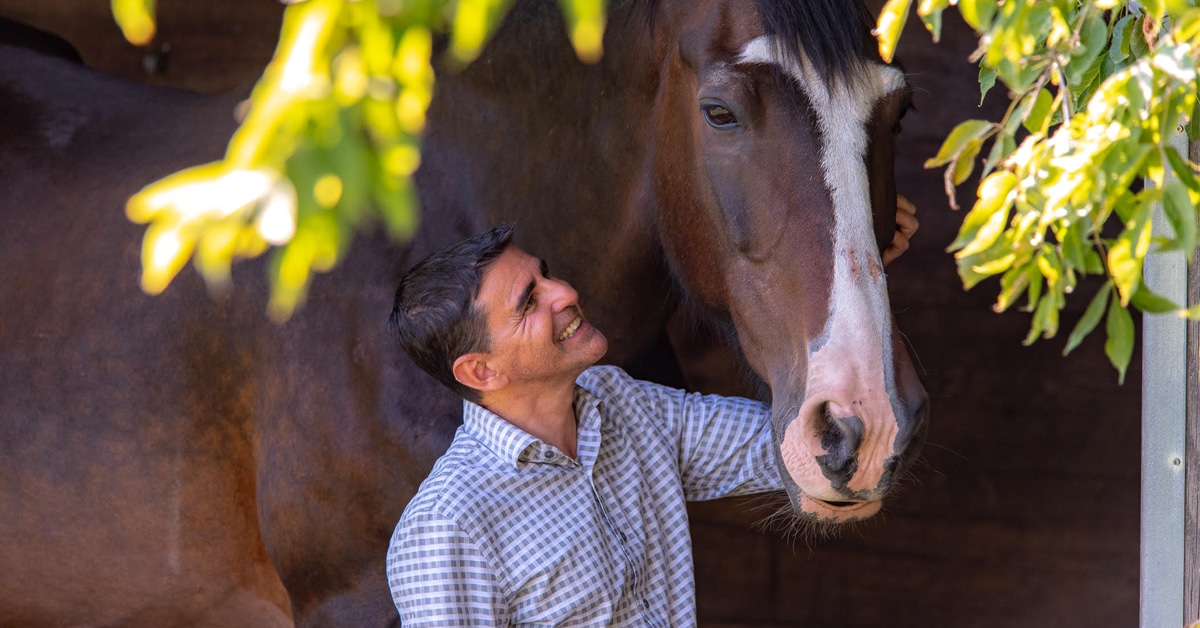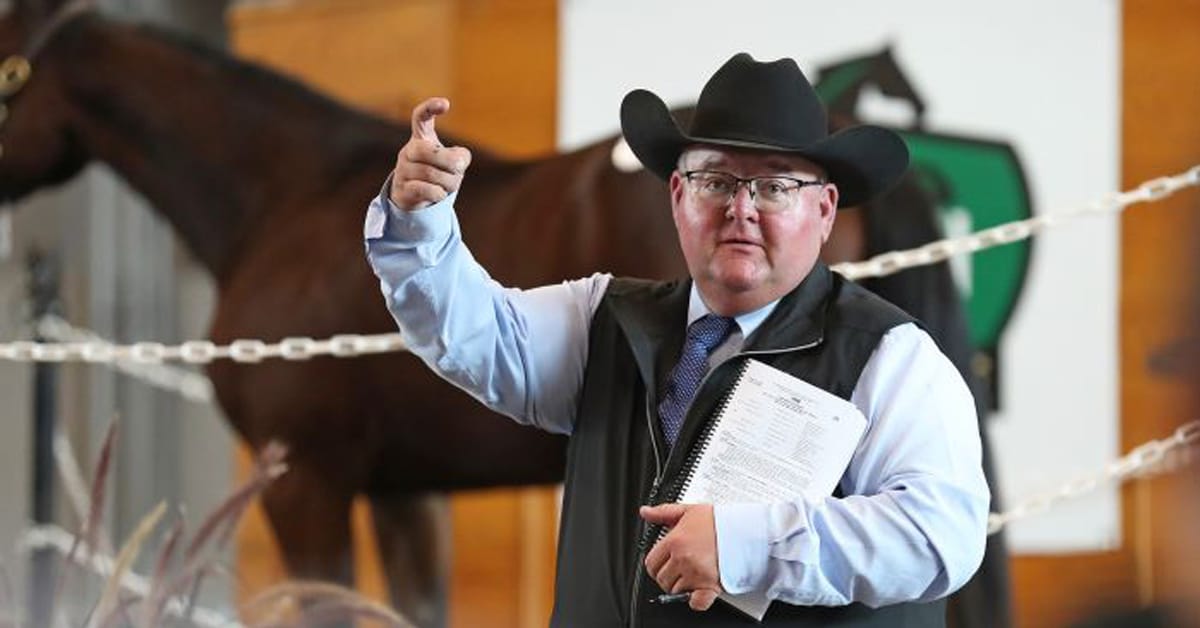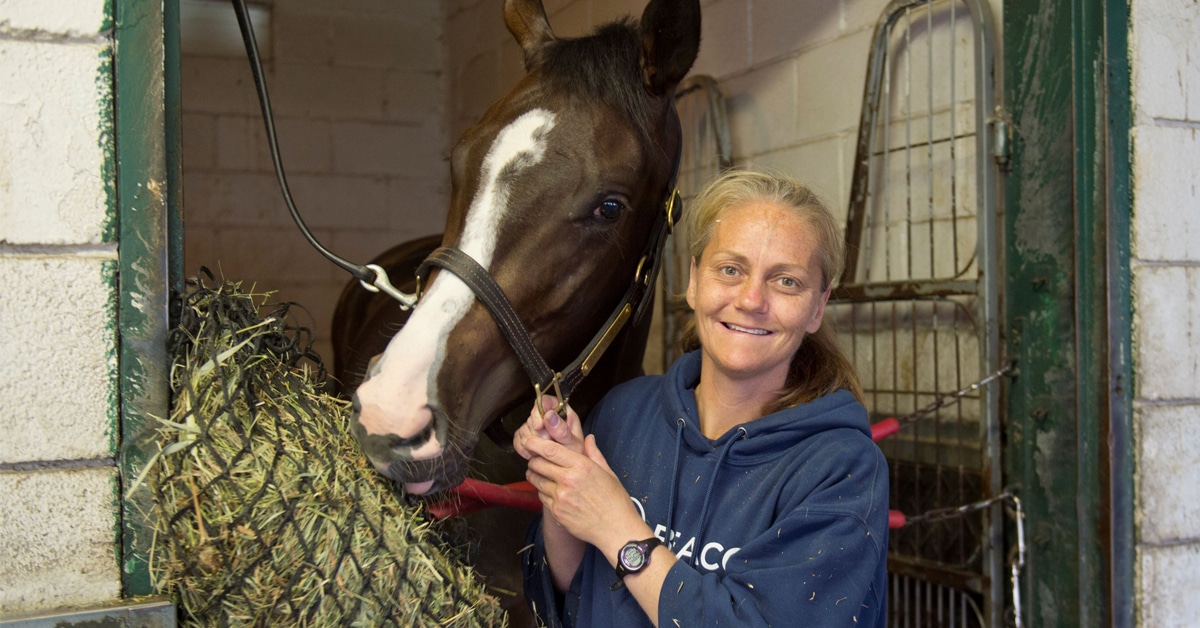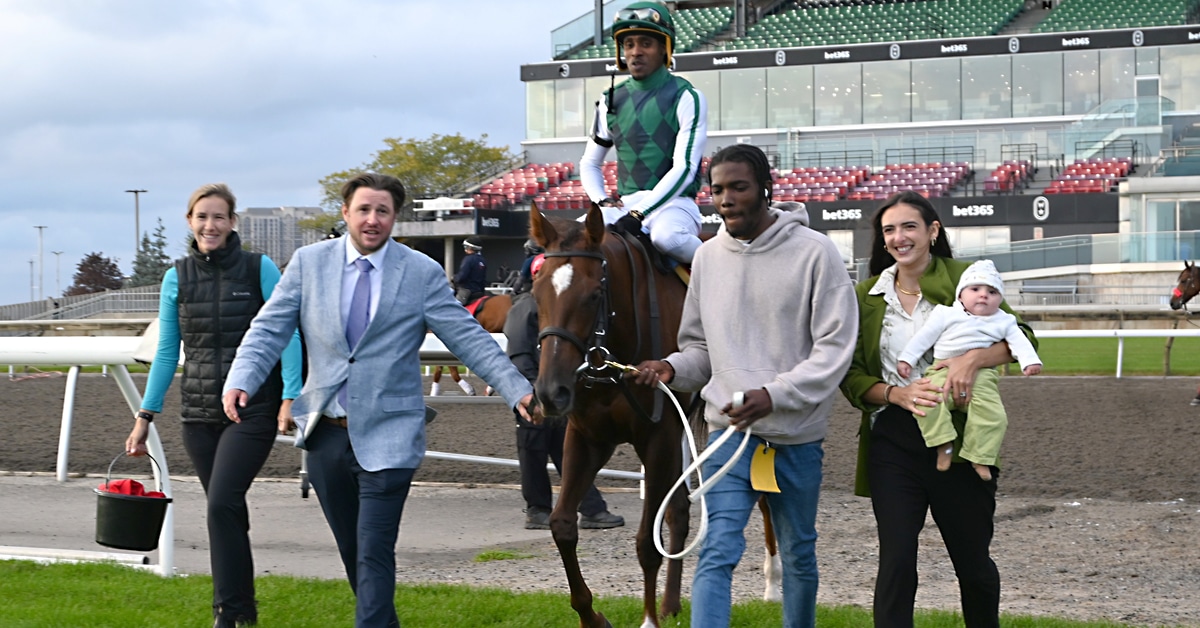So, for the second weekend in a row, a single 20-cent ticket took down an entire pick-5 pool at Woodbine. It was on races 6 to 10 Saturday and the pool of $47,697 U.S. was won by a U.S. player.
Blow by blow, what were the handicapping angles that produced that big payoff?
Race 6: Uh-oh! (A familiar comment, eh? I also said this last week for the first leg of a $150K pick-5 that a lone ticket took down.) I say uh-oh because this is the dreaded non-winners of two races lifetime condition which I regard as the most chaotic condition in racing. True to form, a 13-1 filly, #7 Lincolnville Beach, won – the third-longest shot in the eight-horse field. Ridden by nine per cent jockey Skye Chernetz and conditioned by 10 per cent trainer David Cotey, she was actually the longest morning-line horse at 20-1 because she had absolutely no handicapping angle going for her. Look at the program page and I’m sure you’ll agree. Remember what I’ve said before: this condition is an “all” leg but horses that have the best chance are those who are dropping in class or have a chance of wiring the field, gate to wire. Neither applied to Lincolnville Beach.
Race 7: The 20-1 mare who won this turf route race, #1 English Biscuit, had a loaded word in her previous past performance line: the word “evenly.” When I see that word, I automatically assume the horse didn’t try as hard as she might have. So “evenly” horses are contenders in my books. She worked out a ground-saving trip that left her with a late push to beat the race favourite.
Race 8: Races of 1 ¼ miles or more are, to me, specialty distances often won by horses that have won or come close to winning at that distance before. So the 13-1 winner, #9 Who’s the Star, is an automatic addition to the ticket because the gelding is one-for-one at 1 ¼ miles. Note the second-place horse, #2 Collective Force, also had won at the distance and the exactor of these two horses paid a hefty $454 for $1. Three horses, in fact, had won at this distance, so a $1 exactor box at a cost of $6 would have netted you $454. It helped that the winner’s trainer was leading conditioner Mark Casse, too.
Race 9: This maiden race for fillies and mares was won by a 7-2 filly, #2 The Hard Way, gate to wire. The edge here is that she had a higher pace number (78) in the Equibase program than any other horse in the race. Horses that can get a clear lead to themselves are always dangerous, of course.
Race 10: This mile turf race was another uh-oh nw2L race condition but the overwhelming 3-5 favourite, #5 Princess Halime, won.
See the Equibase program for those five races here. Hopefully, some of these handicapping angles will help you nail a biggie yourself.
QUICKIE BABY RACE TIP: When handicapping baby (2-year-old) races, give extra weight to first-time starters that have 5-furlong workouts, the quicker the better.
The Latest

